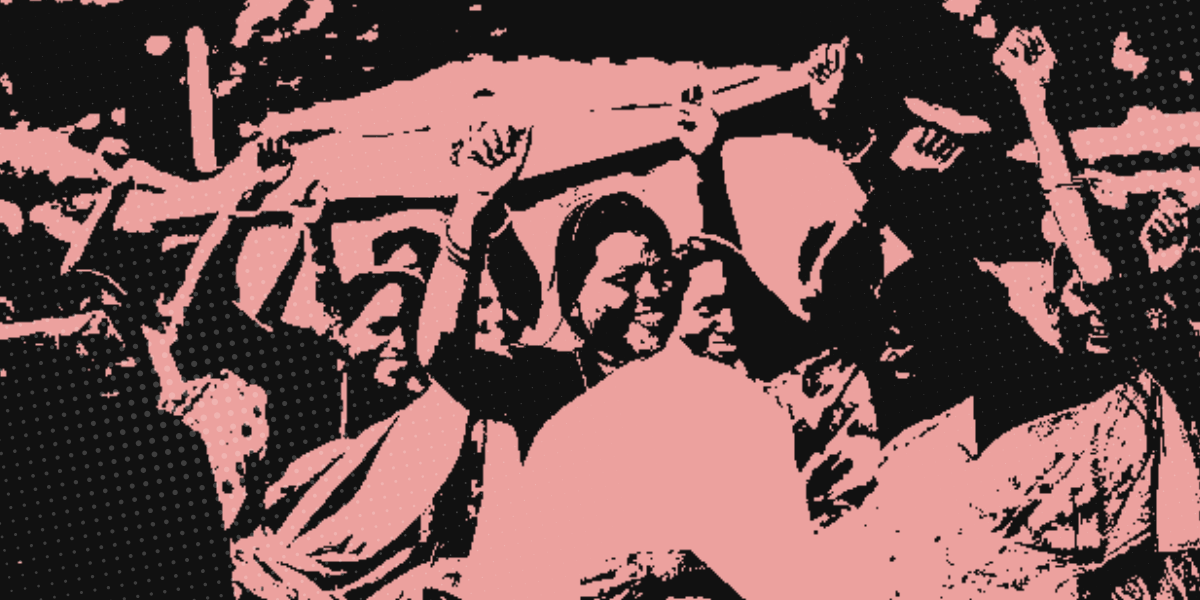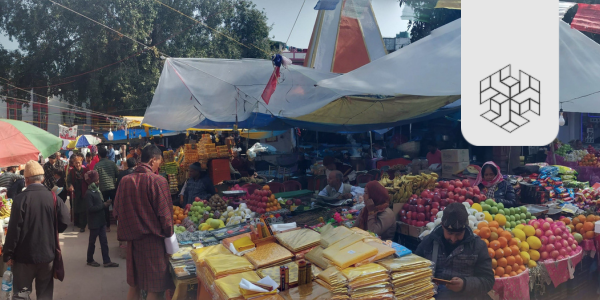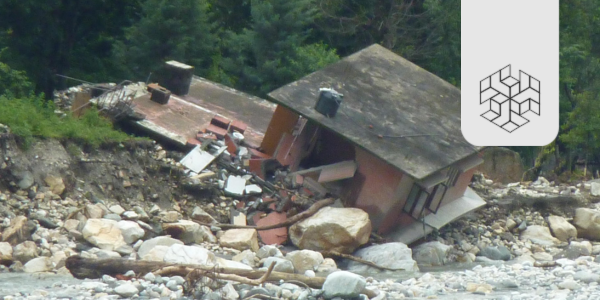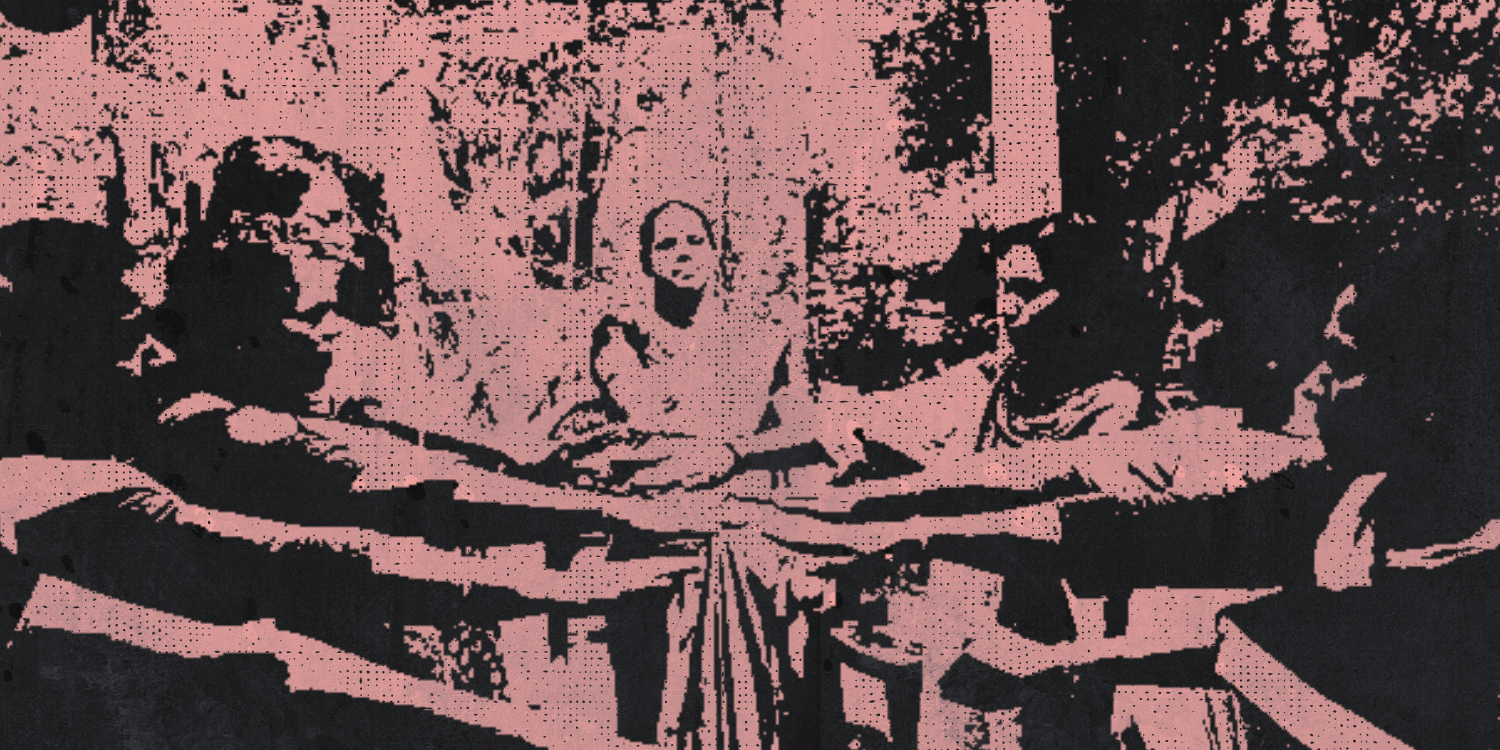India has a coastline of approximately 7,500 kilometres that supports the livelihoods of millions of people, particularly in the informal sector. Over 86% of India’s workforce is employed by the informal sector, which provides essential services and goods to the economy and society. Informal workers constitute about 90% of India’s workforce and contribute to more than 50% of its GDP. However, the informal sector is also highly susceptible to the effects of climate change, including sea-level rise, coastal erosion, storm surges, floods, droughts, heat waves, and salinity intrusion. These effects may jeopardize their income, food security, housing, and well-being. Therefore, there is an urgent need to assist these workers in adapting to changing climate conditions and bolstering their economic security and resilience.
Odisha, located on India’s eastern coast, is one of the states that faces significant challenges due to climate change. Odisha has a coastline of approximately 480 kilometres and is home to approximately 15 million people, most of whom are involved in agriculture, fishing, tourism, and other informal activities. Odisha is also susceptible to frequent and intense cyclones, which have historically caused extensive damage and displacement. According to a recent study by iFOREST, a New Delhi-based think tank, Odisha lost 153.8 km or 28% of its coastline between 1999 and 2016 due to seawater ingression. The study also found that rising sea levels coupled with changing wind patterns are causing high tidal waves and inundating habitable areas. In 2019, Cyclone Fani affected more than 16 million people and caused approximately $2.4 billion in damages. In addition, Odisha has a high poverty rate of 32.6%, which is higher than the national average of 21.9%, and a low human development index of 0.585, ranking it 23rd out of India’s 28 states. These factors increase the vulnerability of Odisha’s coastal communities to the negative effects of climate change.
Informal workers in coastal communities are especially susceptible to the effects of climate change. Nonetheless, due to climate change, these workers face numerous obstacles. This leads to limited information, technology, finance and market channels, making it hard for them to adapt to climatic changes. Moreover, their adaptive capacity and resilience in response to climate-induced shocks and stresses are also limited. Often, they lack social security and safe nets against income loss and health hazards. In addition, they have to confront various social and institutional barriers, including gender discrimination, caste discrimination, insecure land tenures, as well as poor governance systems, which prevent them from having a voice and being involved in decision-making processes. Consequently, there is a pressing requirement to assist the informal workers in the coastal regions of Odisha to prepare for climate change and enhance their livelihood security and resilience.
One of the initiatives that can help address this need is the World Bank’s $500 million program to protect India’s informal sector workers, which was approved in June 2021. This program could support Odisha in many ways in overcoming the challenges and helping informal workers living in the coastal areas. For instance, the program may aid in planning Integrated Coastal Zone Management Projects (ICZMPs) for the state that would involve scientific information in the decision-making process and address such issues as combating coastal erosion, providing conservation for biodiversity, livelihood diversification as well as reducing risks of disasters. Since 2010, the ICZMP has been supported and initiated by the World Bank and the government of India. The project had about 1.5 million beneficiaries within its scope of six districts in Odisha, including Balasore, Bhadrak, Kendrapada, Jagatsinghpur, Puri and Ganjam. In addition, the program will be able to assist the state in implementing the community-based action plan on climate-resilient sustainable livelihoods of the coastal communities that was approved by the state government in September 2021. The action plan involves an investment of Rs 261.50 crore and covers around 3.75 lakh hectares, spreading over 339-gram panchayats and five forest divisions. The ICZMP is a holistic and integrated approach to coastal management that aims to balance the environmental, social, and economic aspects of coastal development.
The action plan aims to develop dense mangrove forests and seagrass to enrich coastal ecosystems and reduce the impact of tidal surges and storms. It also aims to promote climate-adaptive livelihood activities such as eco-tourism, aquaculture, agroforestry, and handicrafts. These interventions can help informal workers in coastal Odisha to adapt to the changing climate conditions and enhance their livelihood security and resilience. The ICZMP thus helps reduce their vulnerabilities to climate shocks and stresses faced by them, by protecting the natural resources and ecosystem services they depend on. The ICZMP can also enhance their income diversification through capacity building, provision of alternative livelihood options and empower them in order to increase their capability to meet their needs. Through this, ICZMP can build on their social capital, as well as empower their voice by giving them a role in participatory planning and decision-making processes.
Nevertheless, with its attained successes, there are also gaps and issues that should be closed so as to make the ICZMP in Odisha sustainable and scalable. Some of these are as follows:
- Updating and revising the state-level ICZMP using current scientific data and social economic scenarios requires the support of the government. Harmonization of the ICZMPs should be done on a national and local scale, so they are linked with all prevailing policies and strategies.
- The ICZMPs should be monitored and evaluated regularly to ascertain their implications towards the coastal environment and livelihoods. It is also necessary to increase the involvement and information sharing platforms of the coastal communities and other stakeholders in the planning and implementing phase.
- The adaptation measures must include broadening and enlarging alternative livelihood models appropriate with capacities in coastal environments. It is also important to address problems relating to market linkages, product or service values addition, quality standards, and certification on coastal community-generated products and services.
- Coastal communities should have increased awareness and capacity for climate change adaptation and disaster risk management. Moreover, it is necessary to offer sufficient infrastructure and facilities for disaster preparation and mitigation along the coasts.
Additionally, several ongoing efforts or pilot programs have also been cited as illustrative of what the World Bank project in Odisha and other coastal regions could aim to implement. However, for example, the Odisha Livelihoods Mission (OLM), started in 2011 as an initiative of the Odisha government with support from the World Bank, aims to uplift the livelihoods and inclusion of rural poor households in Odisha. A study evaluating the impact of OLM in Odisha constructed a Livelihood Security Index (LSI), which took into account habitat security, health security, food security, and economic security. The study found a positive and significant effect of participation in the program on livelihood security. It has empowered over 70 lakh women by organizing them into six lakh Women’s Self-Help Groups (WSHGs). It has provided them with seed money, credit linkages amounting to Rs 15,000 crore, market linkages, and other benefits, including money paid as interest subventions (yearly Rs 250 crore).
In conclusion, climate change poses a serious threat to informal workers in coastal areas of Odisha, who depend on natural resources for their livelihoods. Nevertheless, given the required support and assistance provided by programs such as the one spearheaded by the World Bank to protect India’s informal sector workers, they can adapt to climate change by enhancing the security of their livelihood and resilience. The World Bank program may assist informal workers in the coastal areas of Odisha by making the fund flexible, giving technical support and providing guidance on policies that suit them specifically. The program could also promote different adaptation measures, including the availability of affordable and sustainable energy sources, improved infrastructure and housing, learning and capacity-building, as well as the provision of financing facilities and insurance. Furthermore, the project will help develop resilient communities of informal workers living on the coasts of Odisha through activities directed towards social capital and cohesion, human capital and health, and environment conservation.
About author : Diksha Pandey, an Ashoka University Young India Fellow, blends academic excellence with tech experience of over five years, driving project excellence and efficiency, while passionately advocating for inclusivity, empathy and impactful change.
Project Overview: Diksha is a fellow of Ashoka University’s Young India Fellowship. As a requirement of the fellowship, fellows closely collaborate with an organisation for 8 months through the Experiential Learning Module. During this time, they gain hands-on experience and actively contribute to the organisation’s project requirements. At SPRF, Diksha and other fellows are engaged in three research projects focusing on Climate Resilience, Governance, and Grassroots Women’s Leadership.






